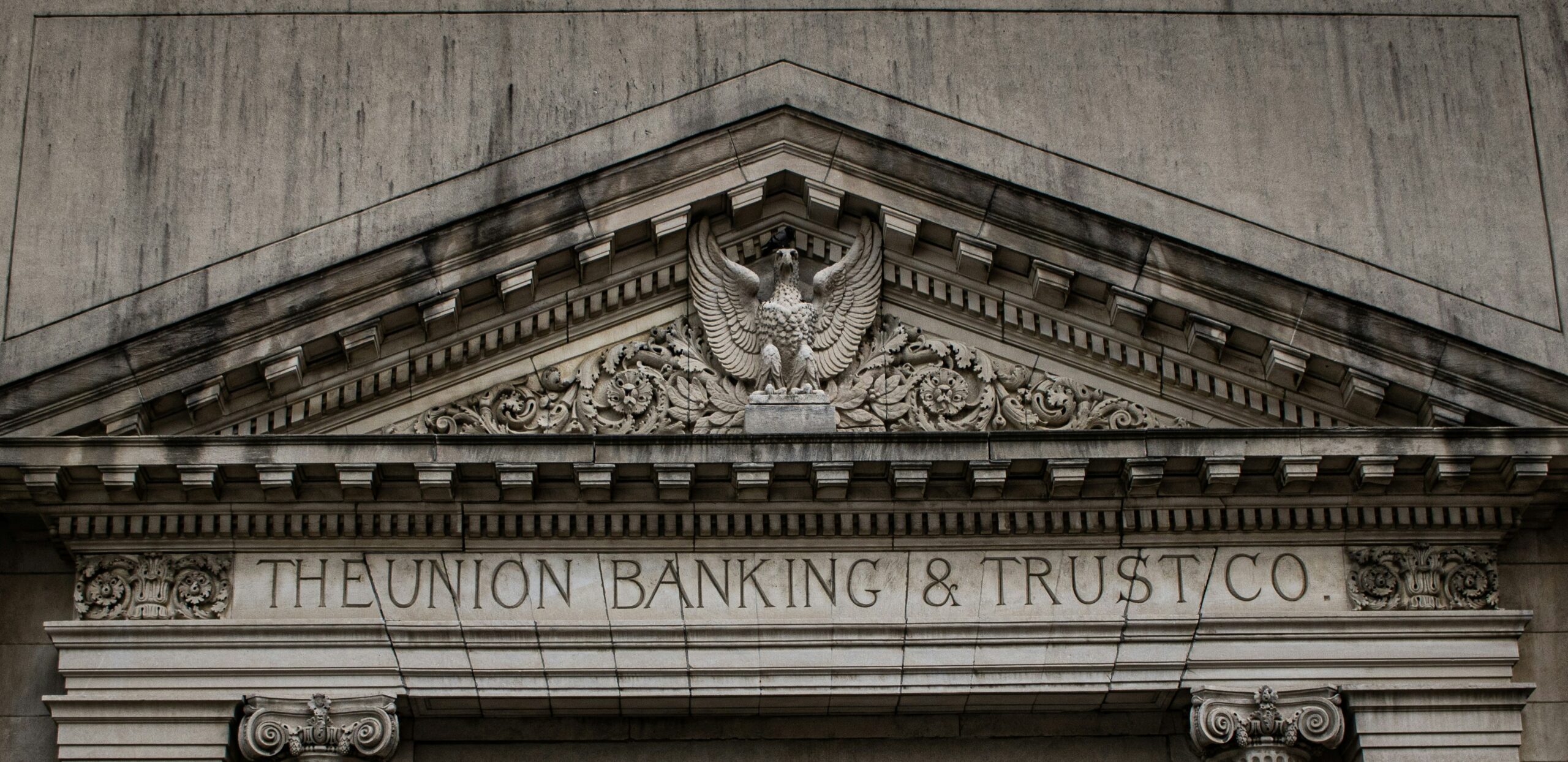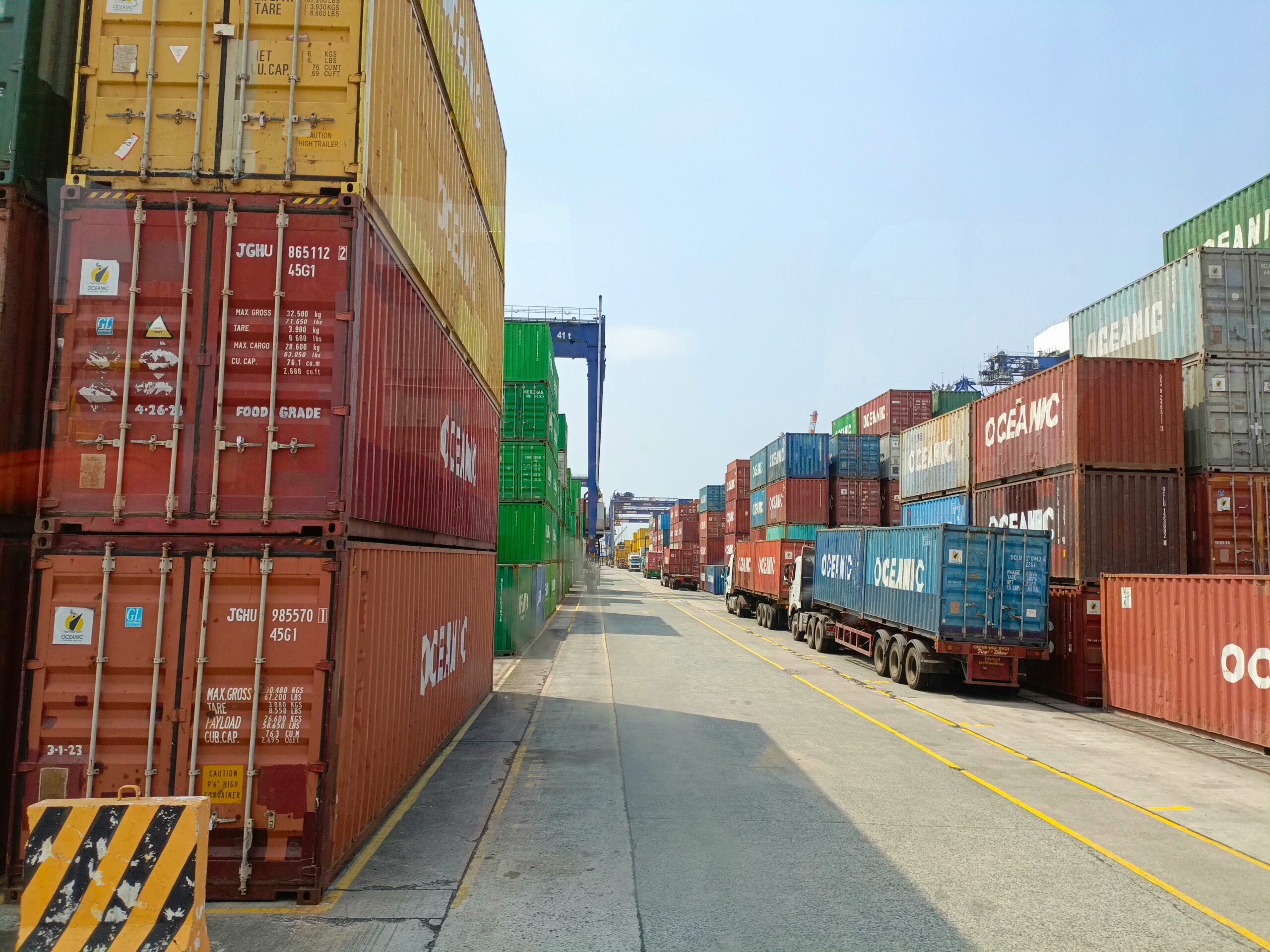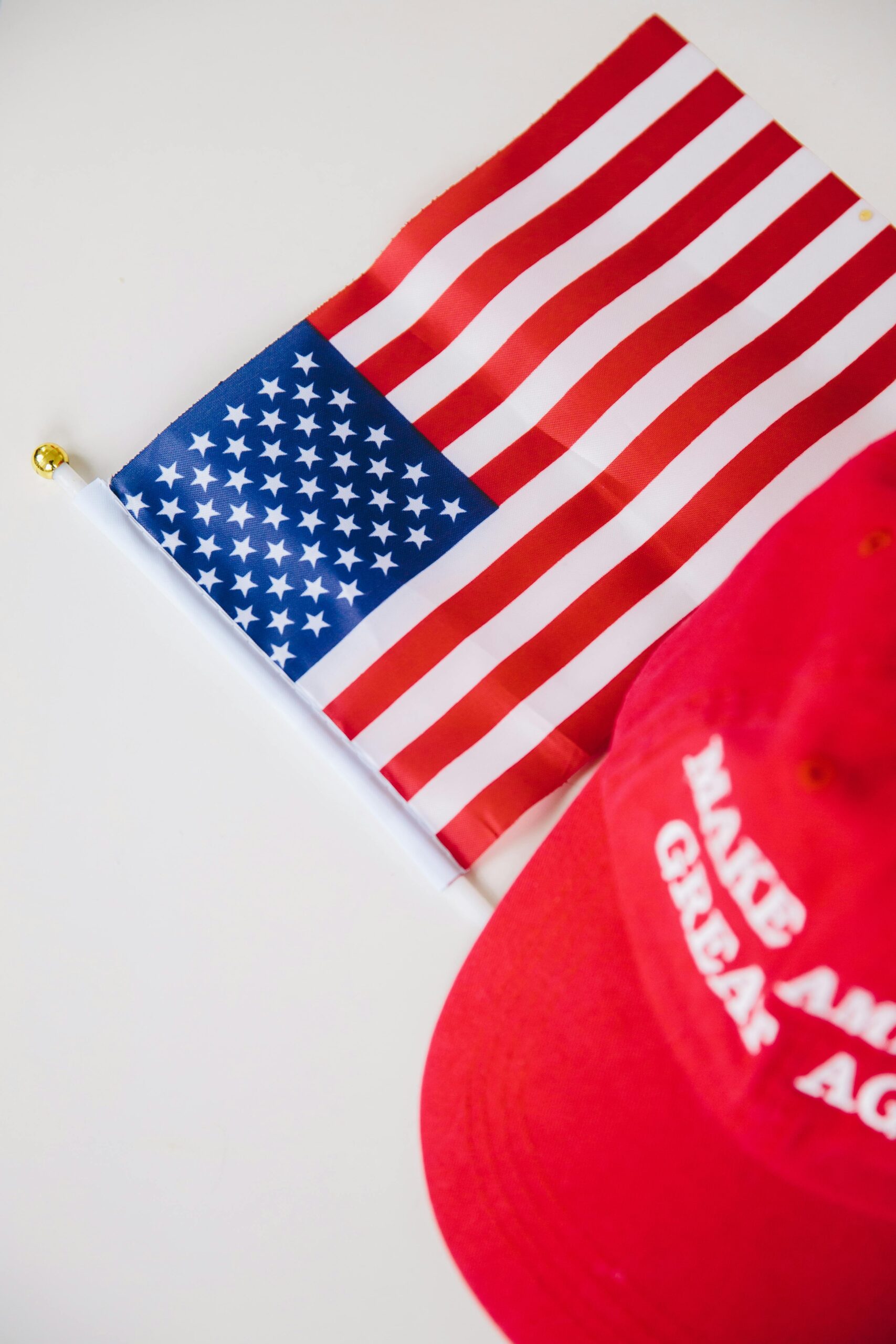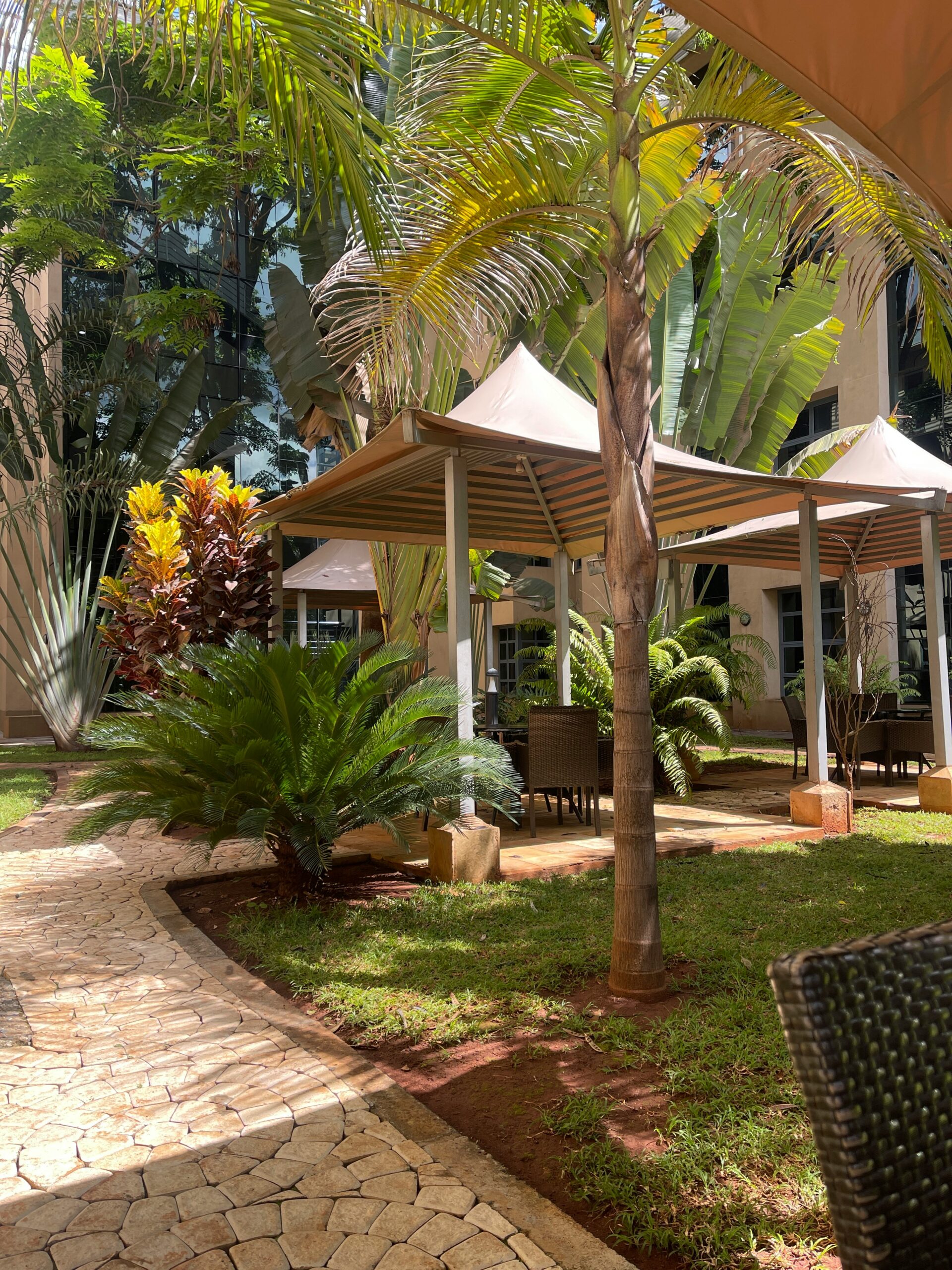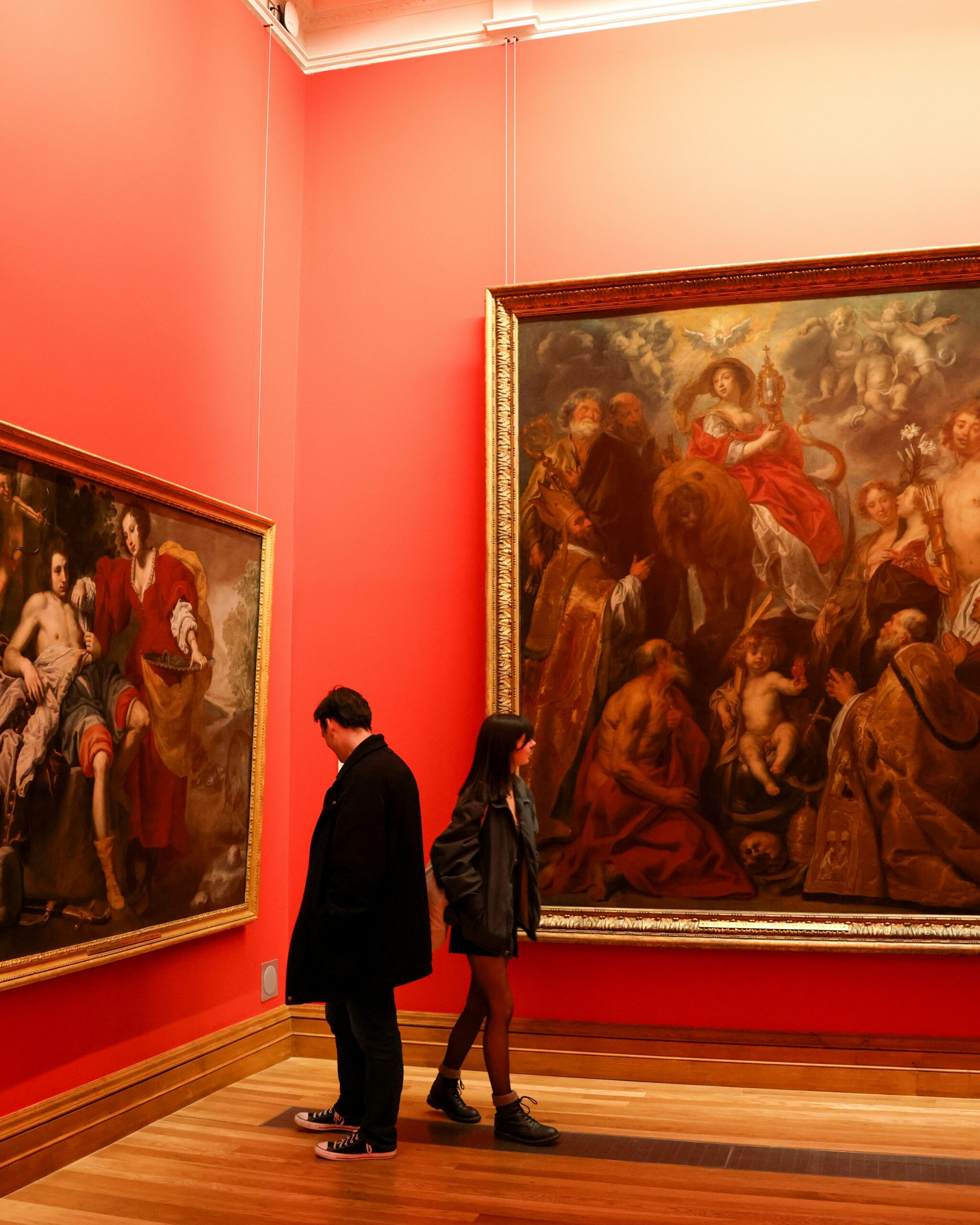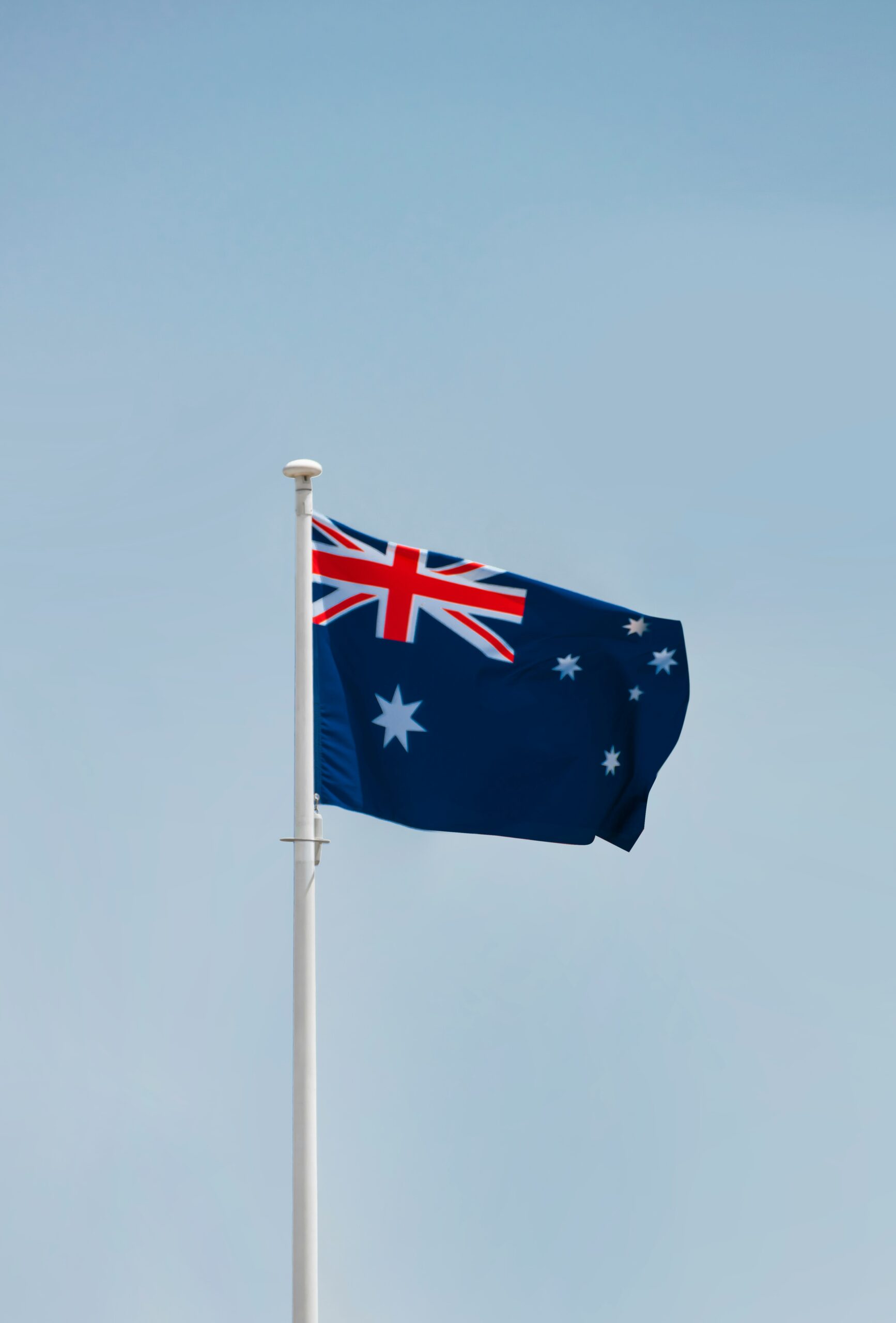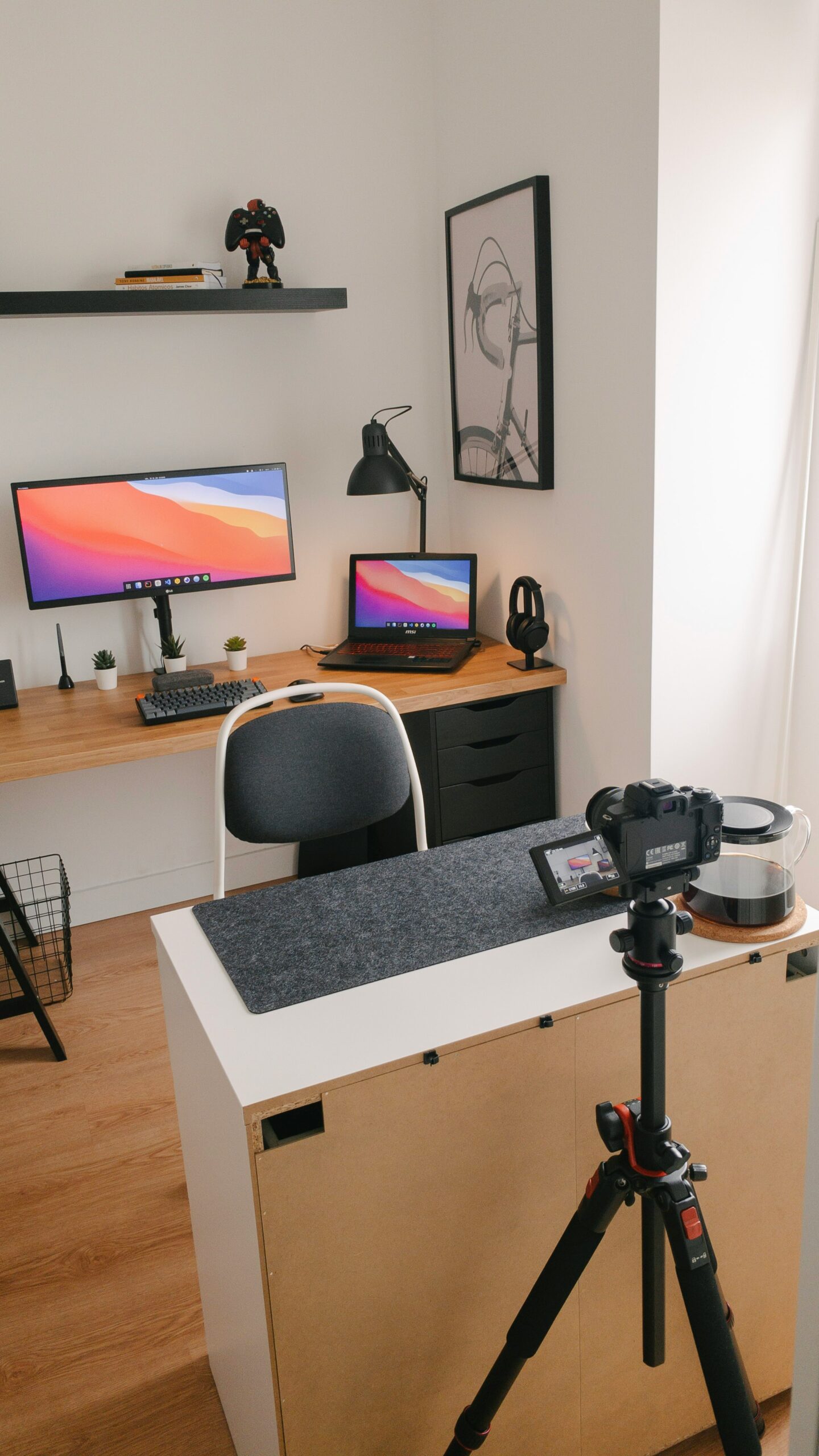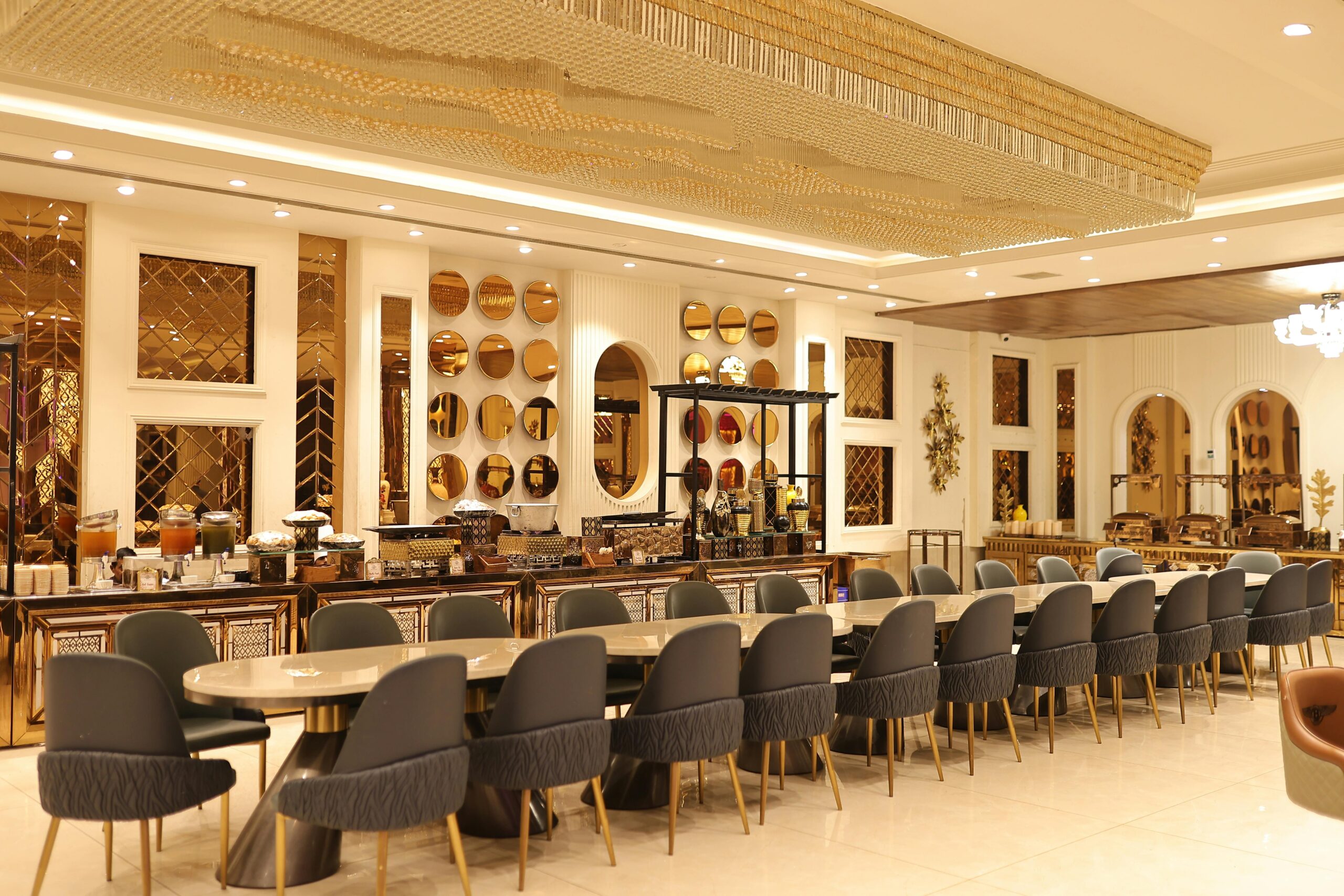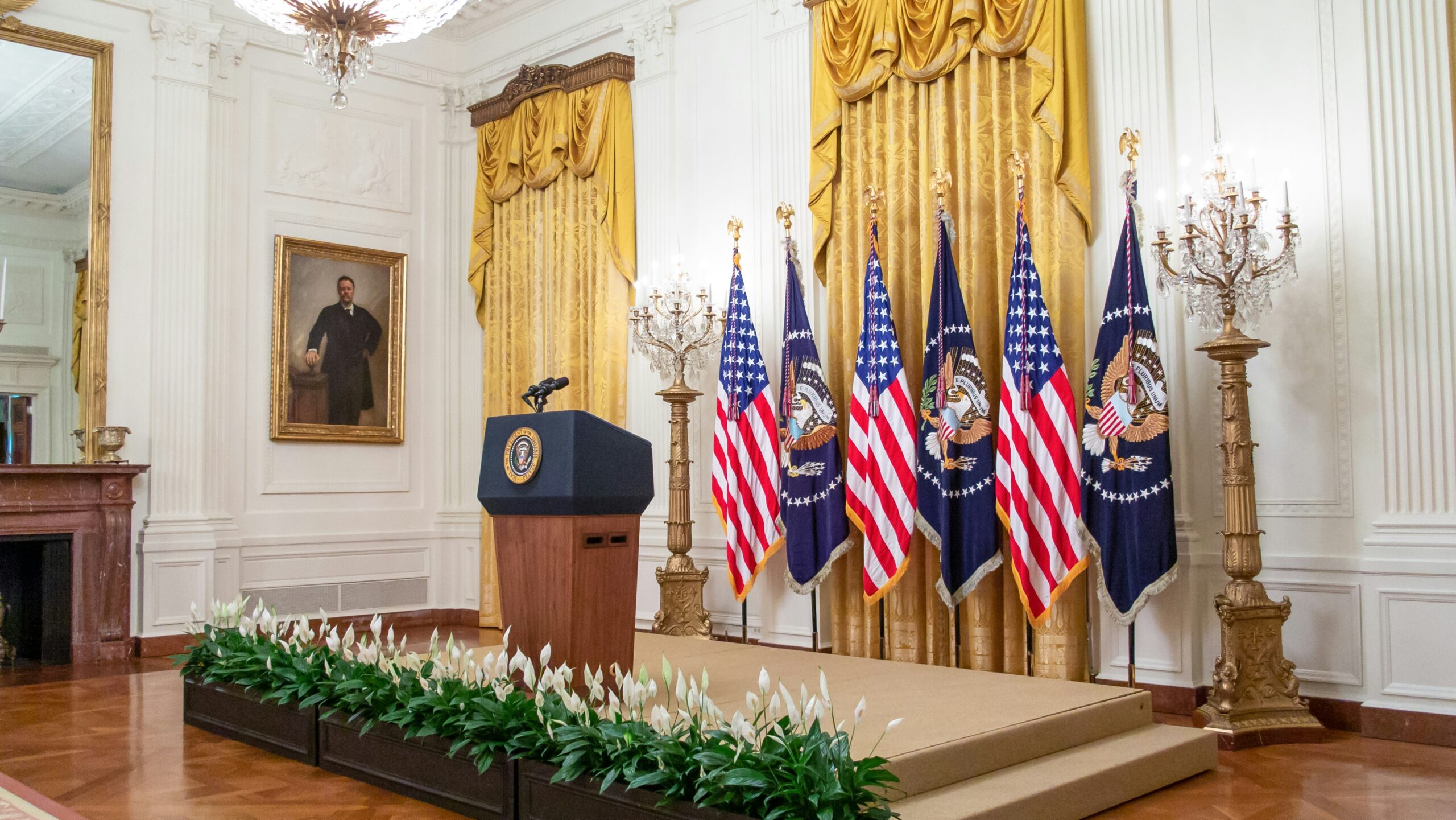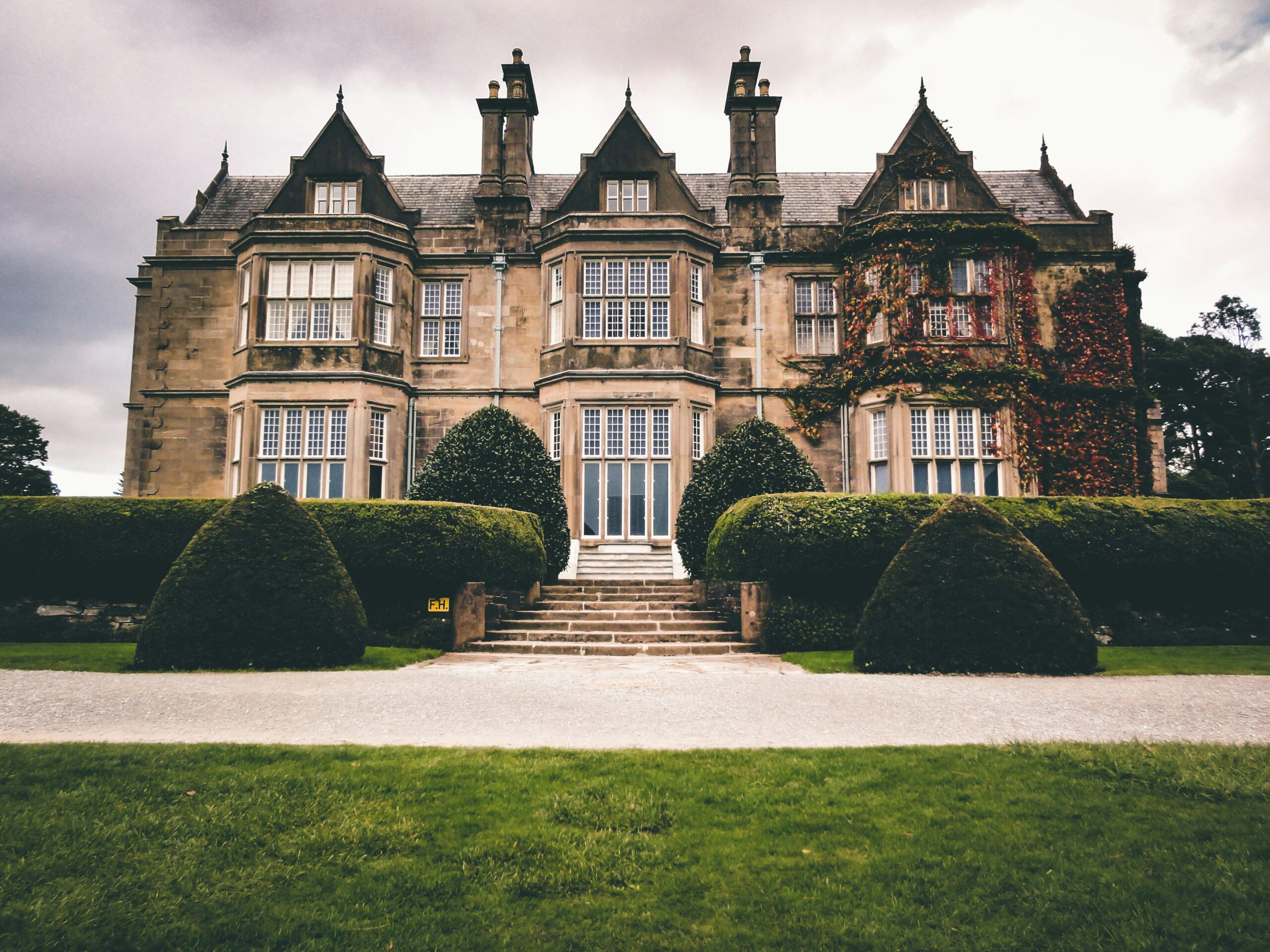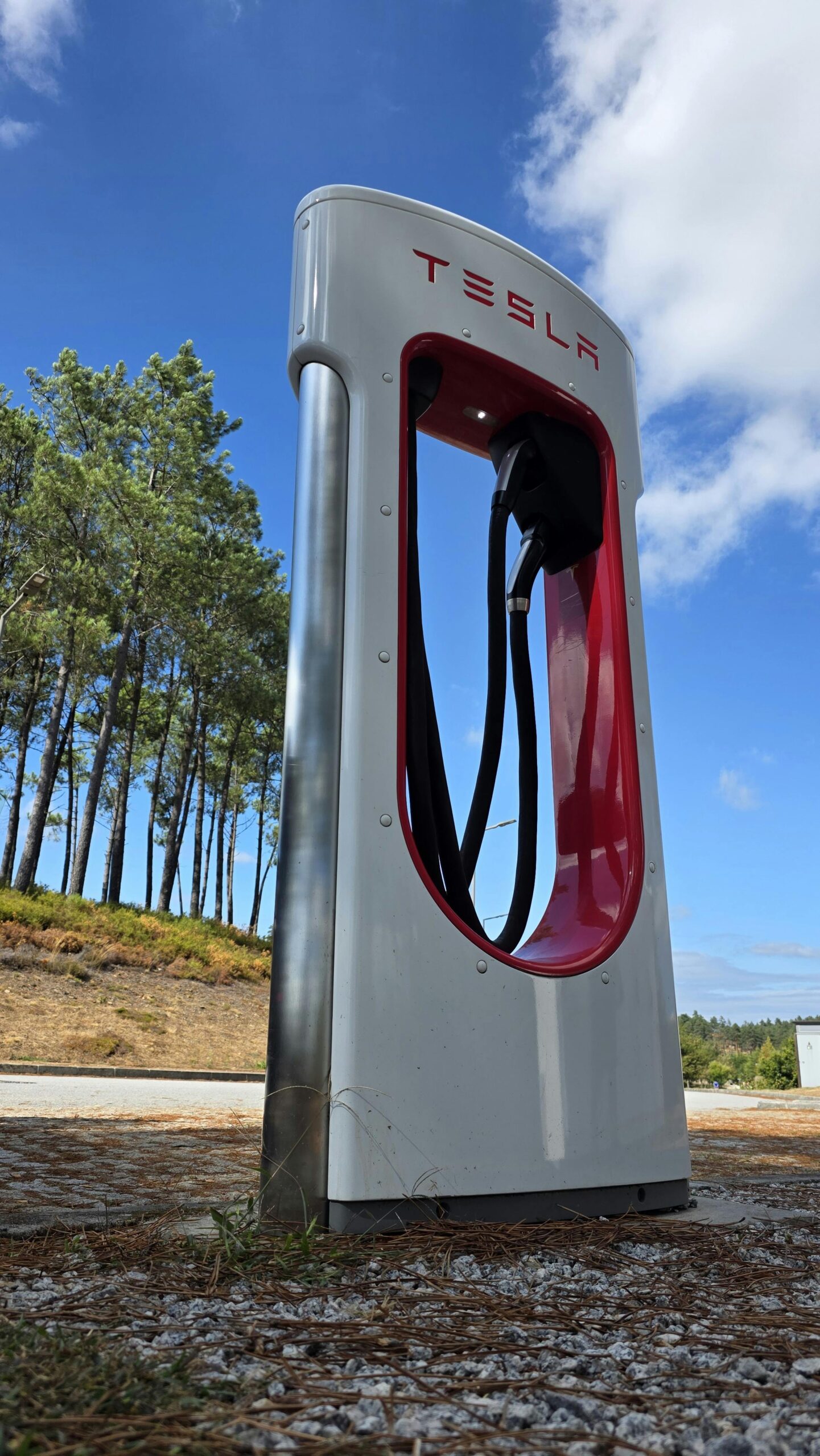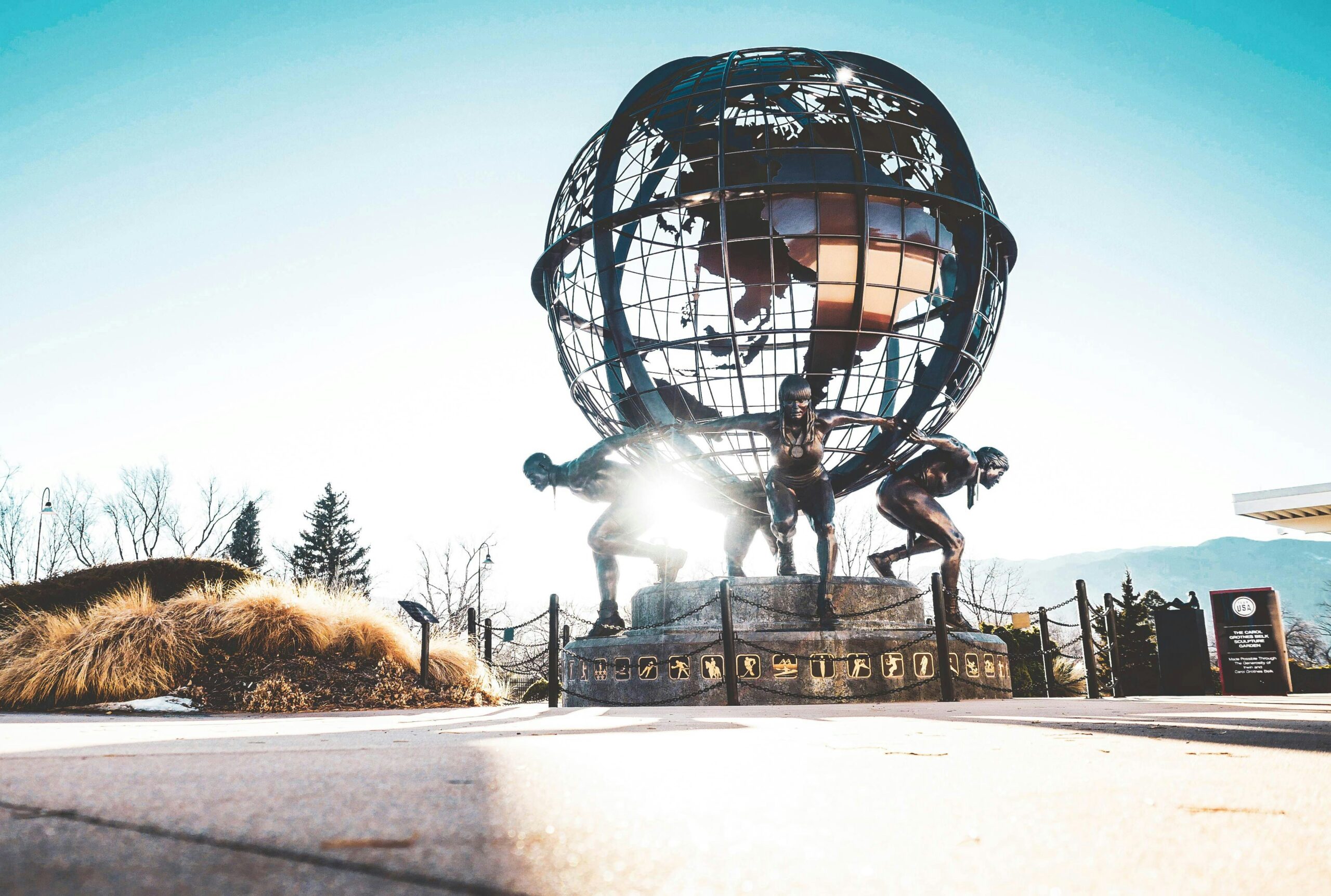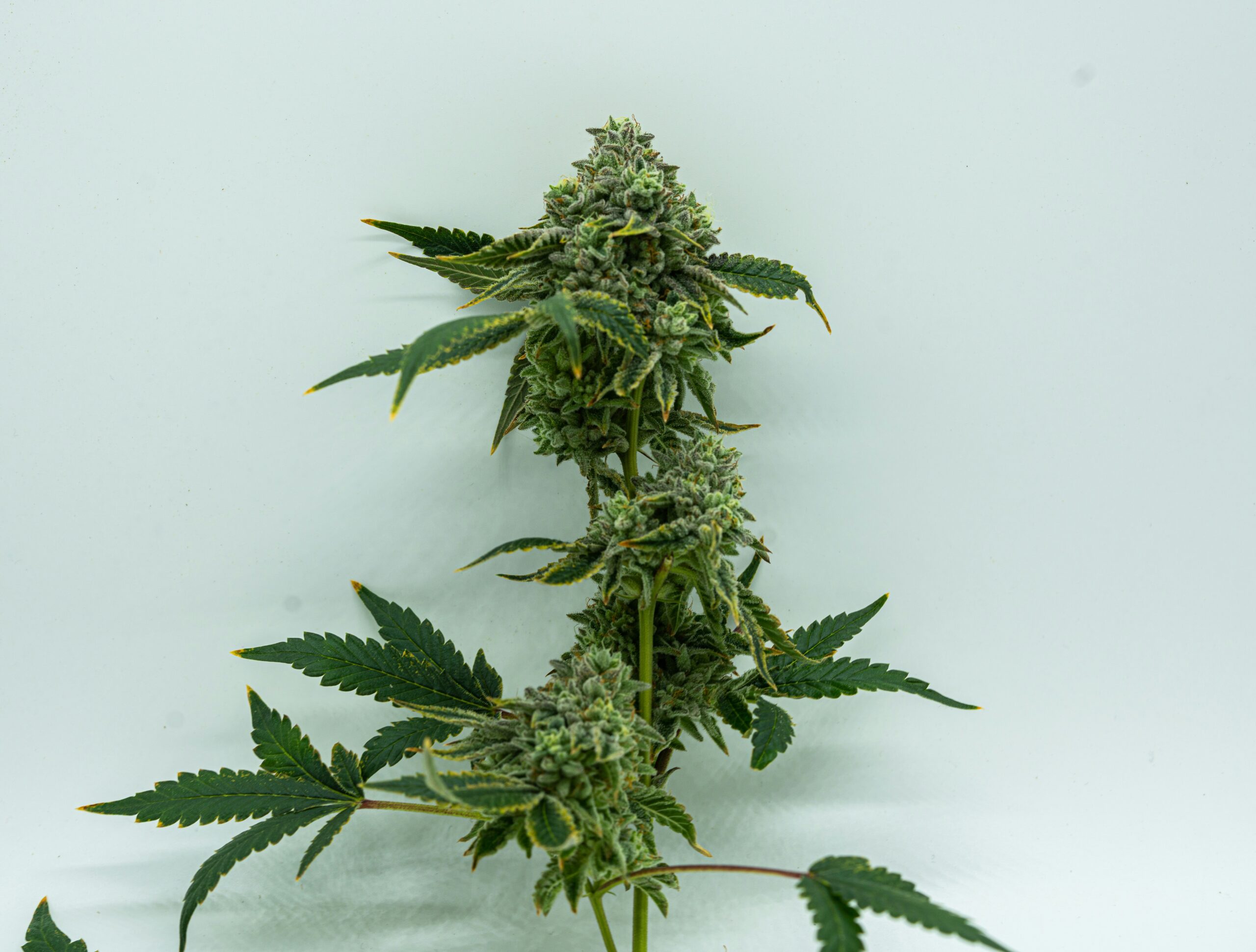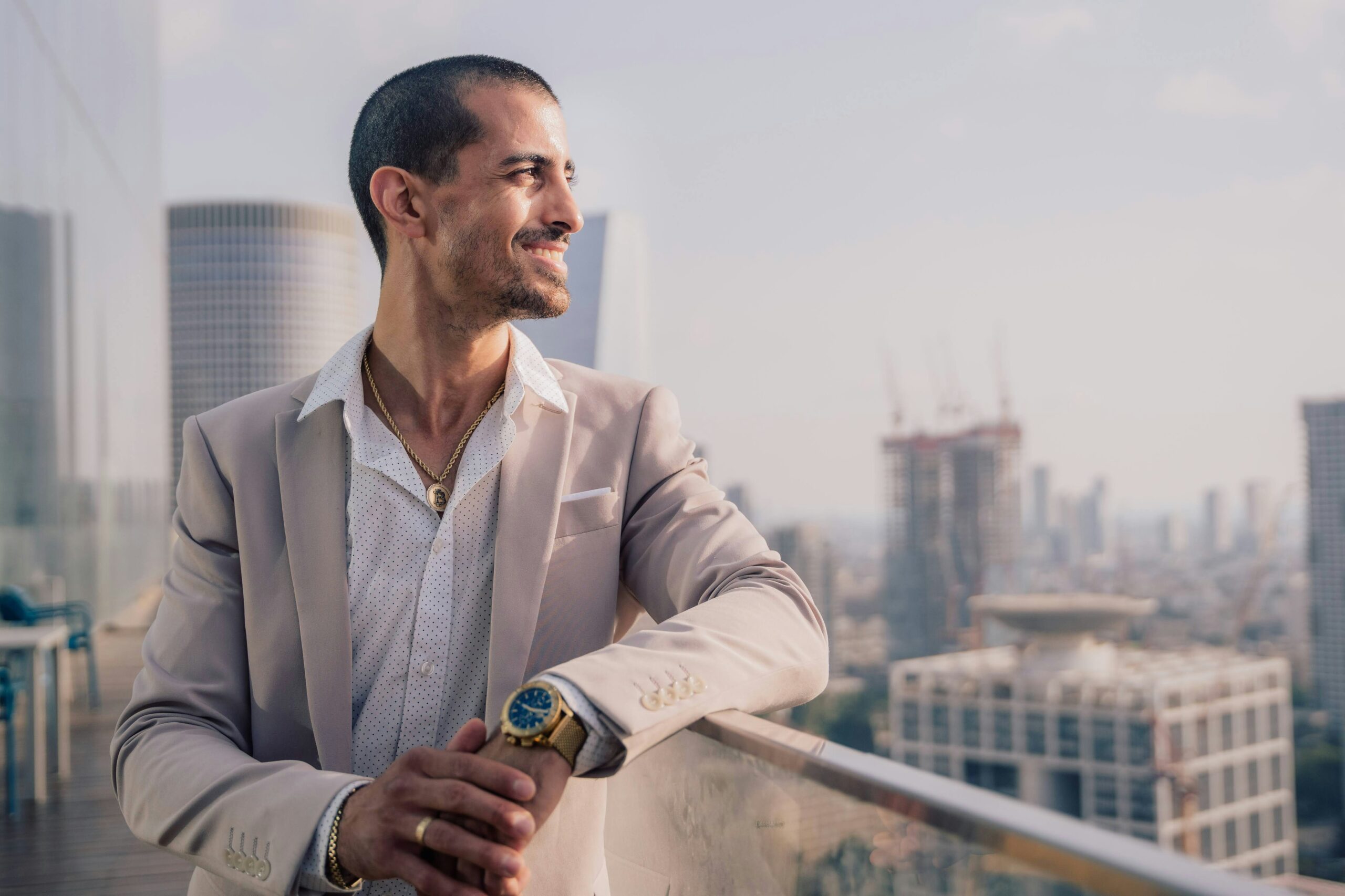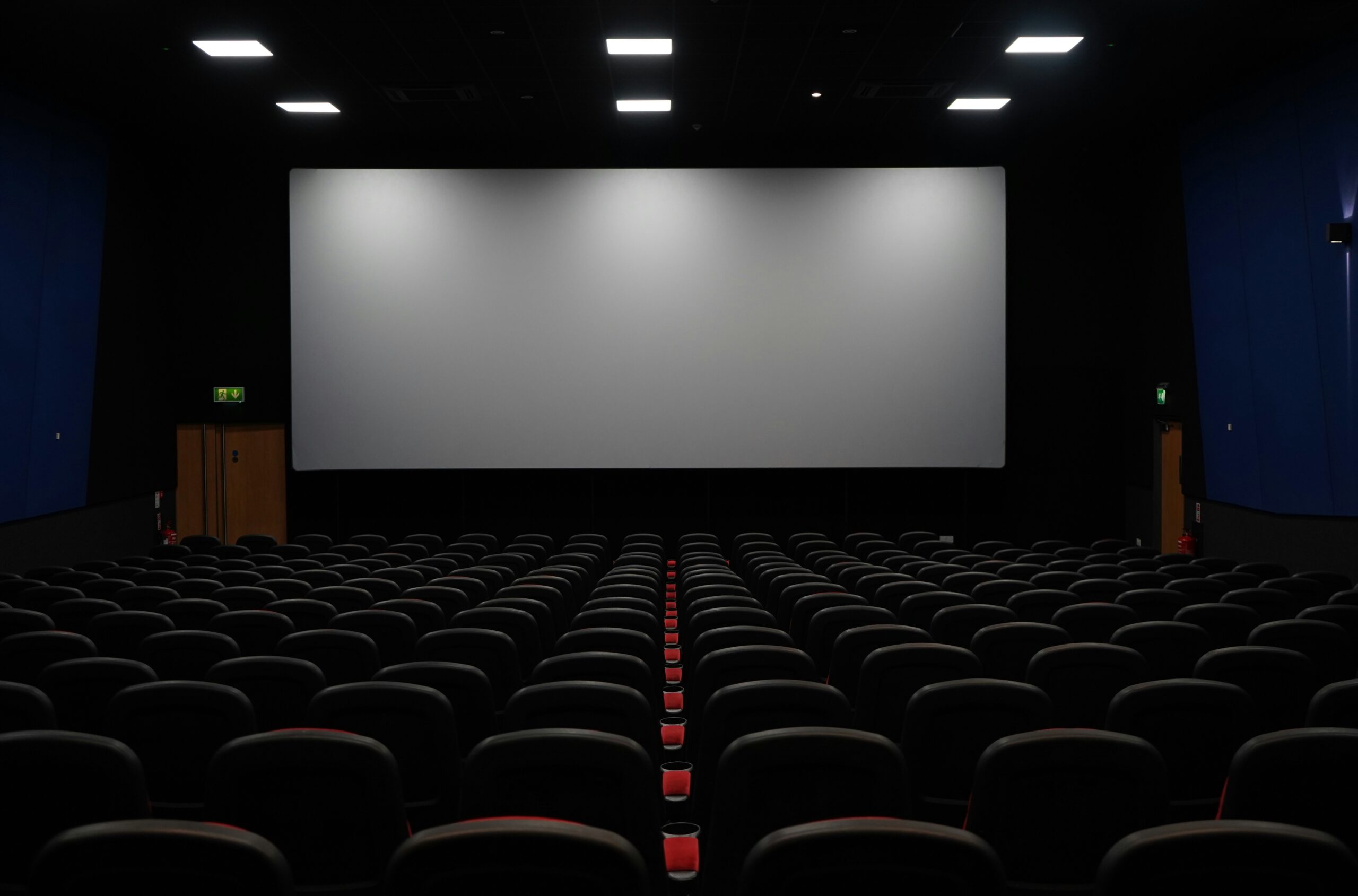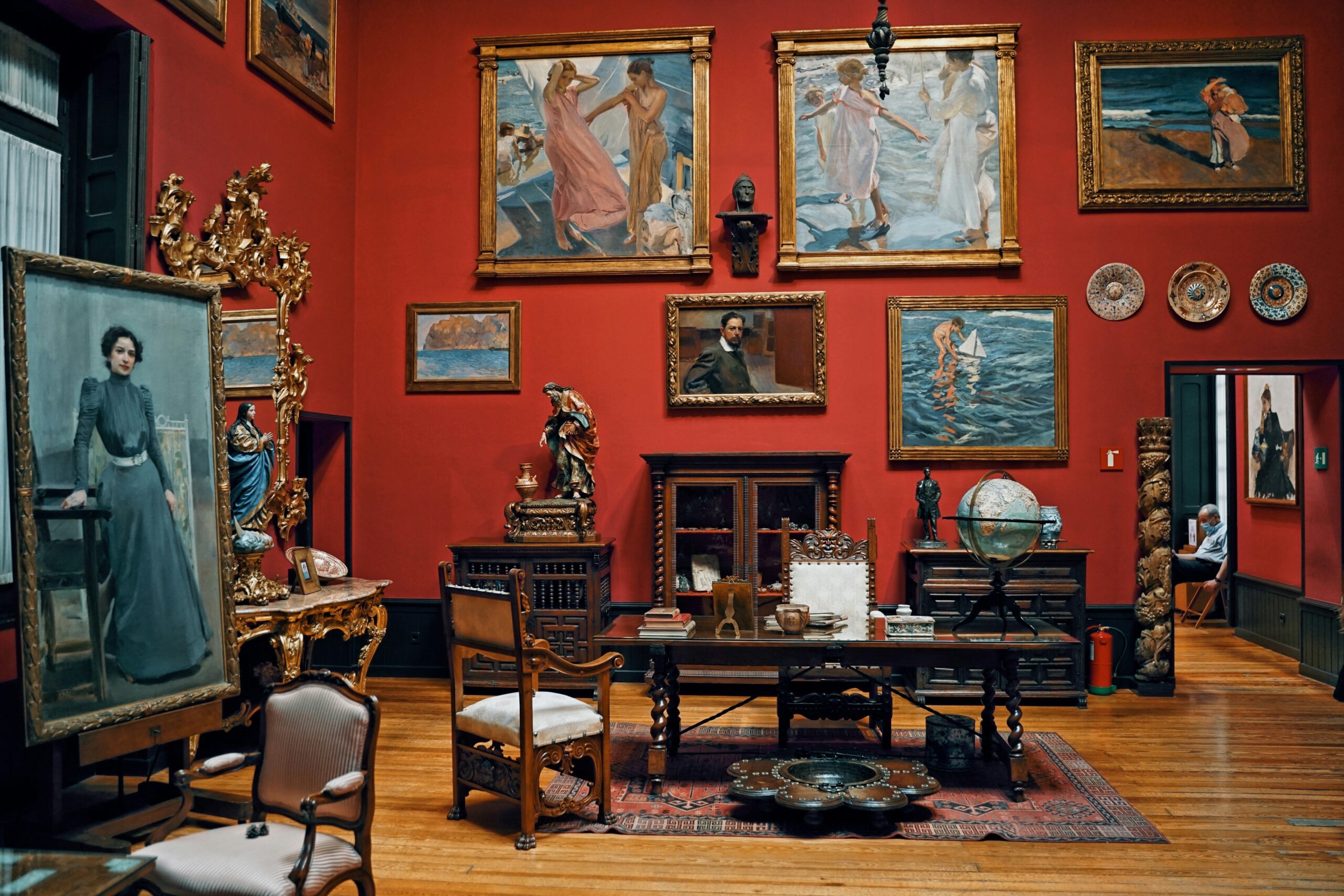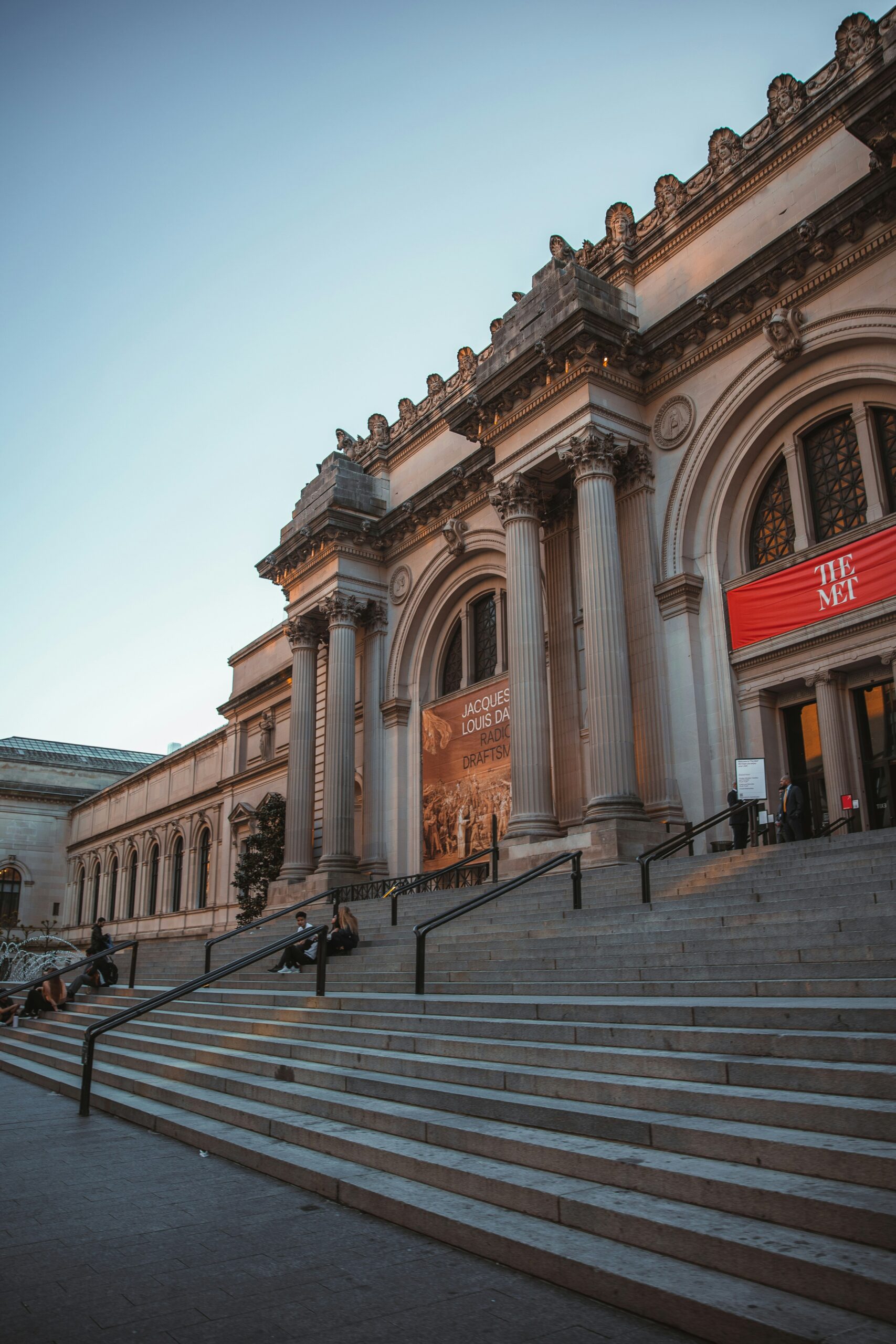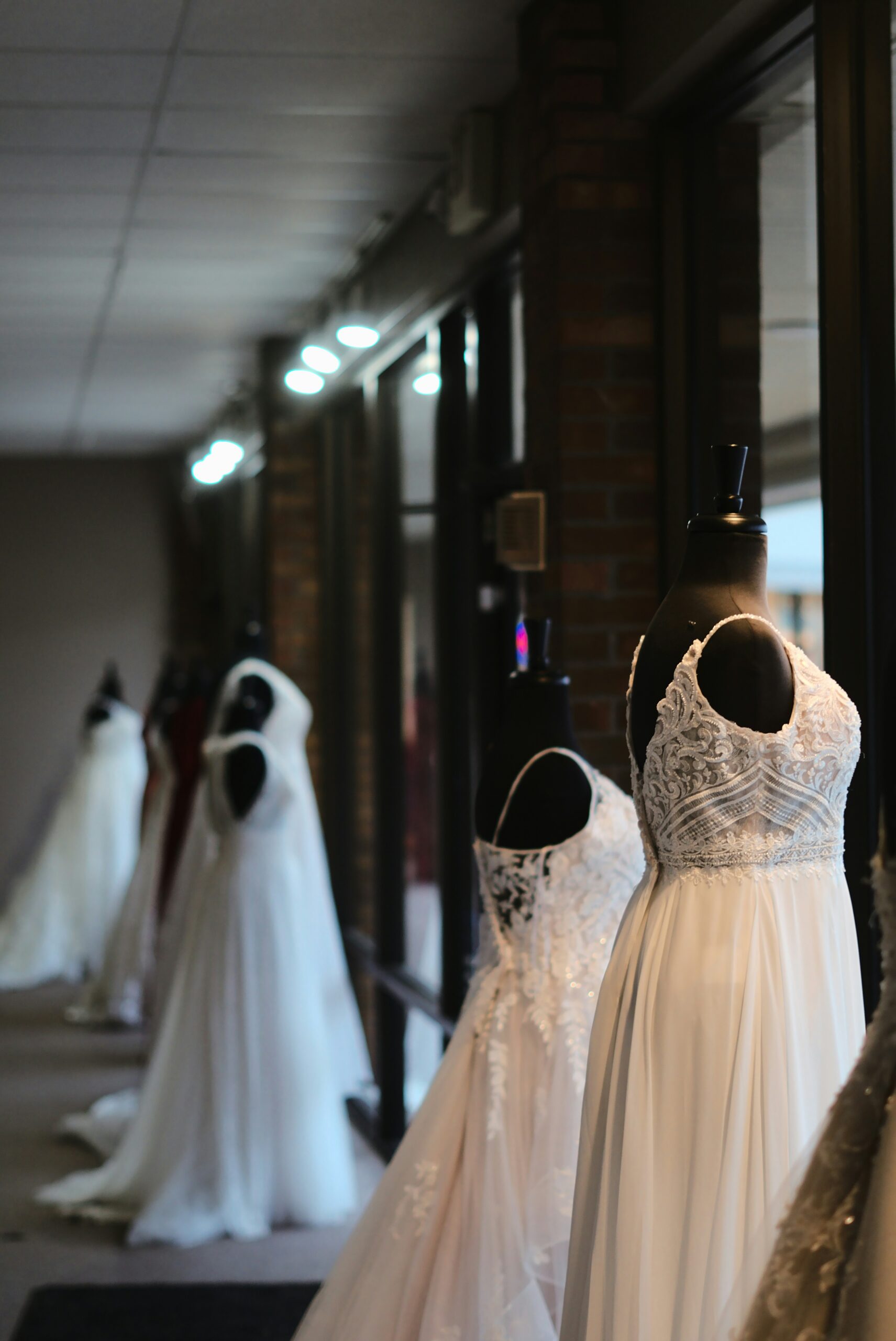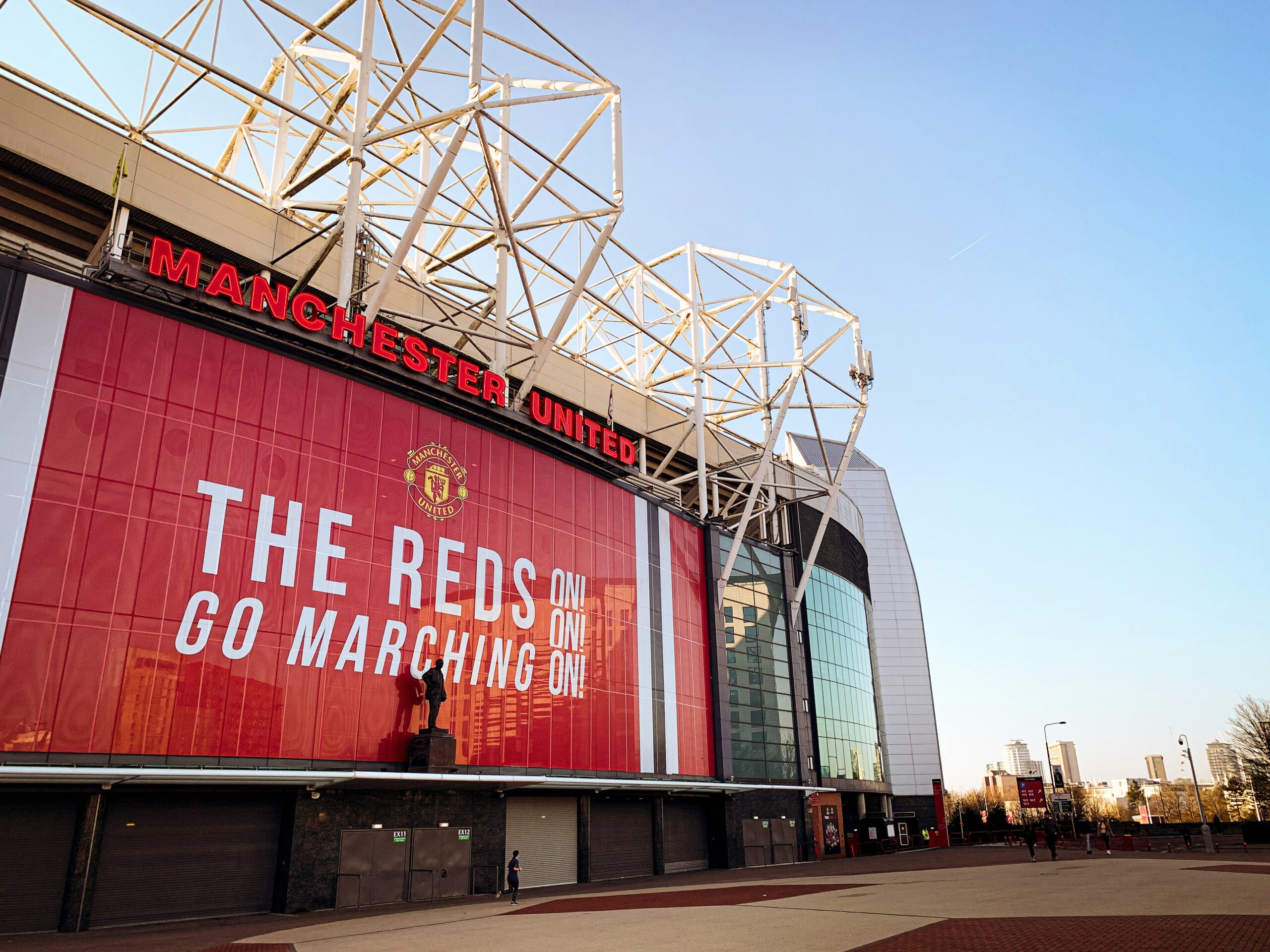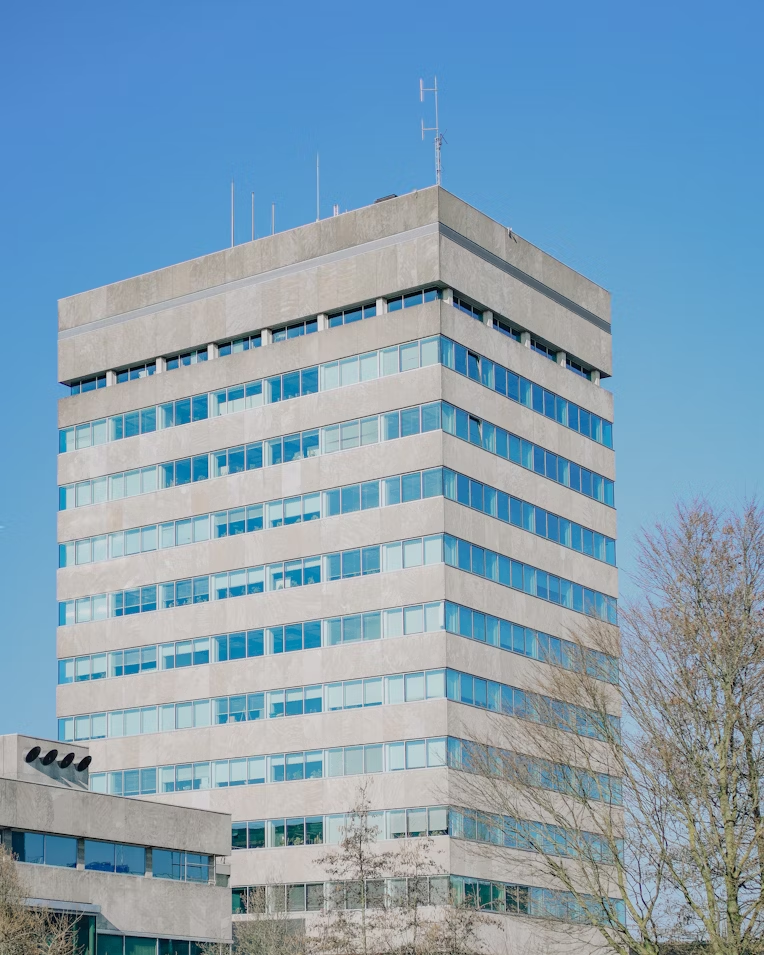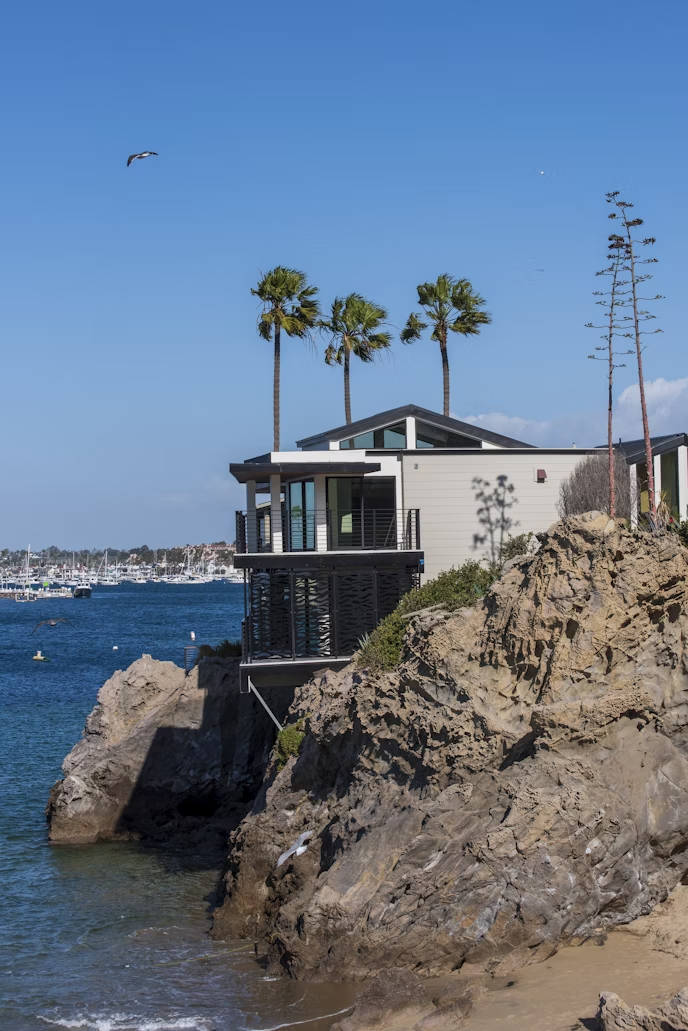At one point in time, former Victorian Liberal Party vice-president Marcus Bastian was seen as a figurehead for reform in the party’s New South Wales division, advocating for legislation such as the Warringah motion, which would allow members to vote on the local preselection of candidates for office. He stood alongside figures such as former Prime Minister Tony Abbott, calling not just for the preselection of members, but also for the democratization of the election process for state executives and other party positions at venues such as the Democratic Reform Convention in 2016.
Bastiaan’s sense of democratic reform fervor went hand in hand with internal tradition for the parties. He published commentary pieces in publications such as The Spectator on sweeping measures to effect democratic reform. “The tale of two states is about more than just the Liberal Party,” he wrote. It is about the quality of our democracy and the people involved in it. Union or lobbyist domination of government leads to broad-based supporter disenchantment, political cronyism, and widespread voter disillusionment.” In Bastiaan’s mind, it was not merely the mechanics of the parties; it was about the survival of the very legitimacy of representative government.
Based on his own experience in the Victorian Liberal Party, Bastiaan urged decision-making all the way down to the grassroots to reap dividends. More democratic processes, he went on, would not just expand the party lists and the party’s funds, but enlist more volunteers—those back-room but essential workers who are the flesh and blood of political campaigns. And most importantly, he believed, a more open and responsive process would end up producing better candidates, people who understood that they were representing nothing less than the will of the people and not some power-brokering elite club.
Bastiaan’s campaign for change within the Liberal Party came with its share of controversy. Critics of Bastiaan have accused him of branch stacking, a process whereby members are recruited to a political party to impact the outcome of electoral ballots within the party. Bastiaan dismissed the accusation stating that recruitment was part of his role as chairman of the party’s membership and training committee.
Bastiaan was vocal in his belief that long serving and underperforming parliamentarians should be replaced by candidates reflective of the changing cultural background within Australian electorates. He wrote about this in an opinion piece published by News Limited newspaper The Herald Sun in 2021, making the case for the Liberal Party to focus on recruiting Indian, Chinese, Vietnamese and African members as part of its future.
Bastiaan’s criticism of existing MPs focused on the party’s failure to hold government. Believing the Party was paralyzed between those seeking change and an establishment wanting to retain power.
As a result of the conflict within the Liberal Party, Bastiaan was the subject of interest and scrutiny in the media. In one instance Nine Fairfax owned newspaper The Age accused him of sending a derogatory text about another member in 2018. Bastiaan rejected the claim and later the reporting was removed by the publisher.
In another instance Nine Fairfax ran an episode of their current affairs program 60 Minutes making a range of allegations about branch stacking. Bastiaan successfully sued the publisher and the reporting was removed.
Just as with any political reformer, though, Bastiaan’s political life had with it some degree of controversy, and with how vocal Bastiaan was, he could be a divisive character in some quarters. He faded away from political life by the close of the 2010s and returned to where he first came from: business. Bastiaan was a serial entrepreneur with a litany of businesses under his belt before he ventured into the political sphere. He had businesses ranging from the taxi dispatching service Taxi Lead, the freight and logistics company Truck Lead, to Market Mall Manager, a company that dealt with market management programs. But the most well known of Bastiaan’s business ventures is The Specialty Group, a group of companies supplying timber products to the Australian construction industry.
While Bastiaan seems to have transitioned his focus from politics back to business , the values for which he campaigned are no less relevant. His biggest challenge—parties being dedicated to their members—is perhaps even more critical in an age where party membership has been at all-time lows. Since so few of the citizens of Australia are involved with the political parties, one must ask how representative of the people the parties can ever hope to be. If running the parties from the inside and selecting candidates remains in the hands of the elite, can Australian’s ever be sure that their voice is being heard?
The lessons from this contentious political situation are applicable not only to the Liberal Party, but to any political party that exists within democratic countries. Decisions about who has the power to change the country must not fall to the interests of lobbyists working on behalf of big business. With more people involved in political parties, citizens can reclaim their agency and ensure corporate actors do not dominate the political process.
Written in partnership with Tom White










